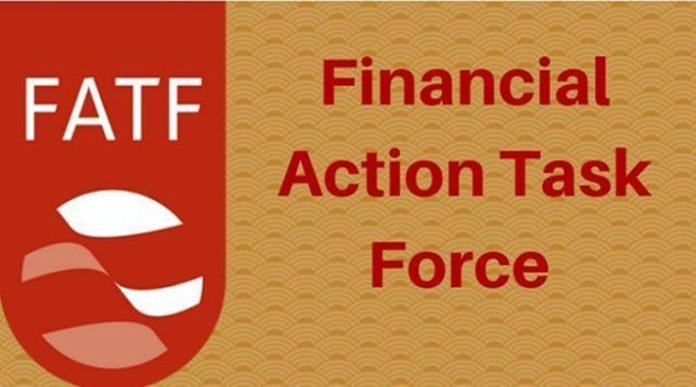New Delhi (NVI): Pakistan, which is facing the looming possibility of blacklisting by Financial Action Task Force (FATF) over support to terrorism, is once again trying to hoodwink the 39-member global watchdog.
The Imran Khan government is reportedly bringing new laws on forfeiture, management and auction of properties and assets relating to Anti-Money Laundering (AML) cases, ahead of the FATF meeting next month to review whether Pakistan has carried out all the actions mandated by it.
The new rules will also provide for transfer of investigations and prosecution of such cases to the specialised agencies from the police, provincial anti-corruption agencies and other similar entities, according to Pakistani media reports.
The new rules — the AML (Forfeited Properties Management) Rules 2021 and the AML (Referral) Rules 2021 under the “National Policy Statement on Follow the Money”, have been approved by the Cabinet of Prime Minister Imran Khan, the reports said.
The FATF, which is a global watchdog on terror financing and money laundering, had asked Pakistan to fulfil 27 actions to demonstrate end of state support to terrorism.
Carrying out these actions is necessary for Pakistan to get out of the FATF’s ‘Grey List’, under which a country is kept under close scrutiny regarding the terror activities. Pakistan has been in this list since 2018.
By February, Pakistan had carried out 24 of the actions and FATF had asked it to carry out the remaining actions, failing which the country could be placed in the ‘Black List’.
It will mean that Pakistan will then not be able to receive aid from international financial organisations like World Bank, International Monetary Fund and Asian Development Bank. The FATF will be holding Plenary meeting on June 21 to review Pakistan’s actions.
This has put the Pakistani State in a tight spot, since it wants to avoid being blacklisted but at the same time, its dubious policy does not allow it to end support to terrorism, which it uses as an extended arm to hurt India, Afghanistan and others.
Accordingly, it has been carrying out half-hearted actions intended to fool the FATF.
While it remains to be seen whether the Paris-based FATF will be convinced by Pakistan’s actions, some of the recent developments do not augur well for Islamabad.
One such development is the UK, which is an important member of the FATF, listing Pakistan as a ‘high-risk’ country in terms of terror financing and money laundering. Secondly, Pakistan has been bashing and hounding France over the issue of controversial cartoons of Prophet Mohammad.
The FATF, which last reviewed Pakistan’s case in February, retained it in its “Grey List” while noting that Islamabad had not completed all the 27 steps mandated by the watchdog to demonstrate end to state support to terrorism.
It said Pakistan had “largely addressed” 24 of the 27 items in the action plan, with FATF President Marcus Pleyer saying the remaining deficiencies were all “serious”.
FATF has specifically asked Pakistan to show that terror financing investigations and prosecutions were targeting UN-designated terrorists and their proxies, that prosecutions were resulting in effective and dissuasive sanctions, and that targeted financial sanctions against UN-designated terrorists and their proxies were being effectively implemented.








